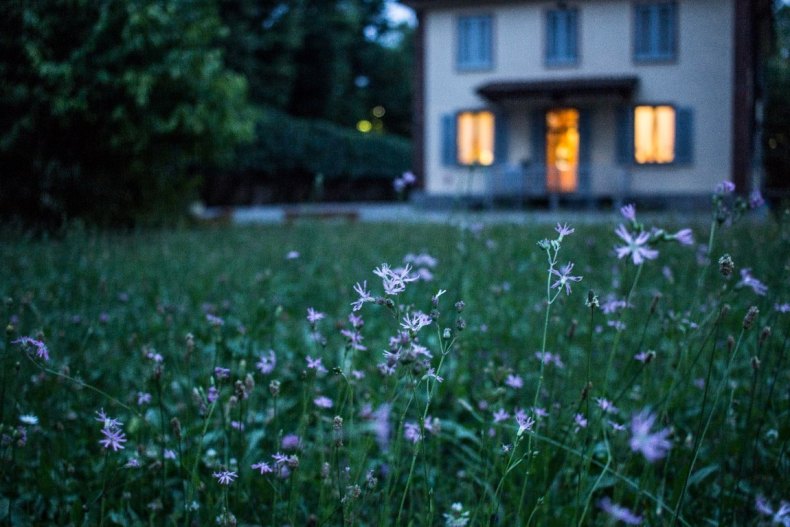Let’s talk about something that might not be glamorous but is essential: plumbing. Yep, those pipes and drains that keep our homes ticking smoothly. Picture this: you’re having a perfectly good day, and suddenly—bam!—a pipe bursts or your sink gets clogged. Not fun, right? But fear not! With a bit of know-how, you can keep those pesky plumbing problems at bay. So, let’s dive into some practical tips and tricks to prevent plumbing problems in your home. But, of course, if you notice any issues, a Sydney Hills District plumber is a must!

Why Plumbing Maintenance is Key
First things first—why should we care about plumbing maintenance? Well, it’s simple.
Regular upkeep can save you from a world of headaches, not to mention hefty repair bills.
Think of your plumbing system as the veins and arteries of your home. If they’re not in good
shape, everything else starts to fall apart.
Know Your Plumbing
Locate the Main Shut-Off Valve
Before anything else, find your main water shut-off valve. This is crucial in case of a major leak. Usually, it’s located where the main water line enters your home. Make sure everyone in the household knows where it is and how to turn it off.
Inspect Regularly
Make it a habit to check your plumbing fixtures regularly. Look for any signs of leaks, corrosion, or damage. Early detection can prevent minor issues from becoming major disasters.
Prevention Tips for Common Plumbing Issues
Keep an Eye on Water Pressure
High water pressure might feel like a luxury in the shower, but it can strain your pipes. Invest in a water pressure gauge to monitor and maintain a safe level, typically between 40-60 psi.
Avoid Chemical Drain Cleaners
They promise miracles, but chemical drain cleaners can do more harm than good. They’re harsh on your pipes and can cause damage over time. Instead, use a plunger or a plumber’s snake for clogs.
Be Mindful of What You Flush
Toilets are for human waste and toilet paper—nothing else! Items like wet wipes, feminine hygiene products, and cotton balls can cause serious blockages. Even products labelled “flushable” can be problematic.

Tips for the Kitchen
Avoid Grease Build-Up
One of the biggest kitchen culprits is grease. When you pour it down the drain, it can solidify and cause blockages. Instead, let it cool and dispose of it in the trash.
Use a Drain Strainer
A simple and cheap solution to prevent food particles from going down the drain is to use a drain strainer. This handy tool can catch debris and prevent clogs.
Run Cold Water When Using the Garbage Disposal
If you have a garbage disposal, always run cold water while it’s in use. Cold water helps solidify any grease or oils, making it easier for the disposal to chop them up.

Bathroom Bliss
Install Hair Catchers
Hair is a common culprit for clogged drains. Install hair catchers in your shower and sink drains to trap hair before it can cause problems.
Don’t Overload the Toilet
We’ve all been there—too much toilet paper and the next thing you know, the toilet is overflowing. Use reasonable amounts of toilet paper and teach kids about proper flushing habits.
Regularly Check for Leaks
Leaky faucets and showerheads not only waste water but can also indicate larger issues. Fix leaks promptly to save water and prevent further damage.

Seasonal Plumbing Tips
Winter Woes
Cold weather can be brutal on your pipes. To prevent them from freezing:
- Insulate pipes, especially those in unheated areas.
- Let faucets drip slightly during extreme cold to keep water moving.
- Disconnect and store garden hoses.
Spring Showers
Spring is a great time for a plumbing check-up:
- Check outdoor faucets and hoses for leaks.
- Inspect your sump pump to ensure it’s working properly.
- Clean out gutters and downspouts to prevent clogs.

Eco-Friendly Plumbing Practices
Install Low-Flow Fixtures
Low-flow showerheads and faucets can save a significant amount of water without sacrificing performance. They’re a win for both your wallet and the environment.
Fix Leaks Promptly
Even a small drip can waste gallons of water over time. Fixing leaks as soon as you notice them can save water and reduce your water bill.
Consider a Tankless Water Heater
Tankless water heaters provide hot water on demand and are more energy-efficient than traditional water heaters. They can be a great investment for long-term savings.
When to Call the Pros
Sometimes, despite our best efforts, plumbing issues can get out of hand. Knowing when to call a professional plumber is crucial. If you encounter any of the following, it’s time to call in the experts:
- Persistent clogs
- Low water pressure
- Unexplained water stains or dampness
- No hot water
- Sewer system backup

Conclusion
Keeping your home’s plumbing in tip-top shape doesn’t have to be a daunting task. With a little vigilance and these handy tips, you can prevent most plumbing problems before they start. Remember, a bit of maintenance goes a long way in keeping your home running smoothly. So next time you’re tempted to ignore that dripping faucet or slow drain, take action! Your future self—and your wallet—will thank you.

*Don’t forget to download my #FREE Lifestyle APP Live a Well-Designed Life



